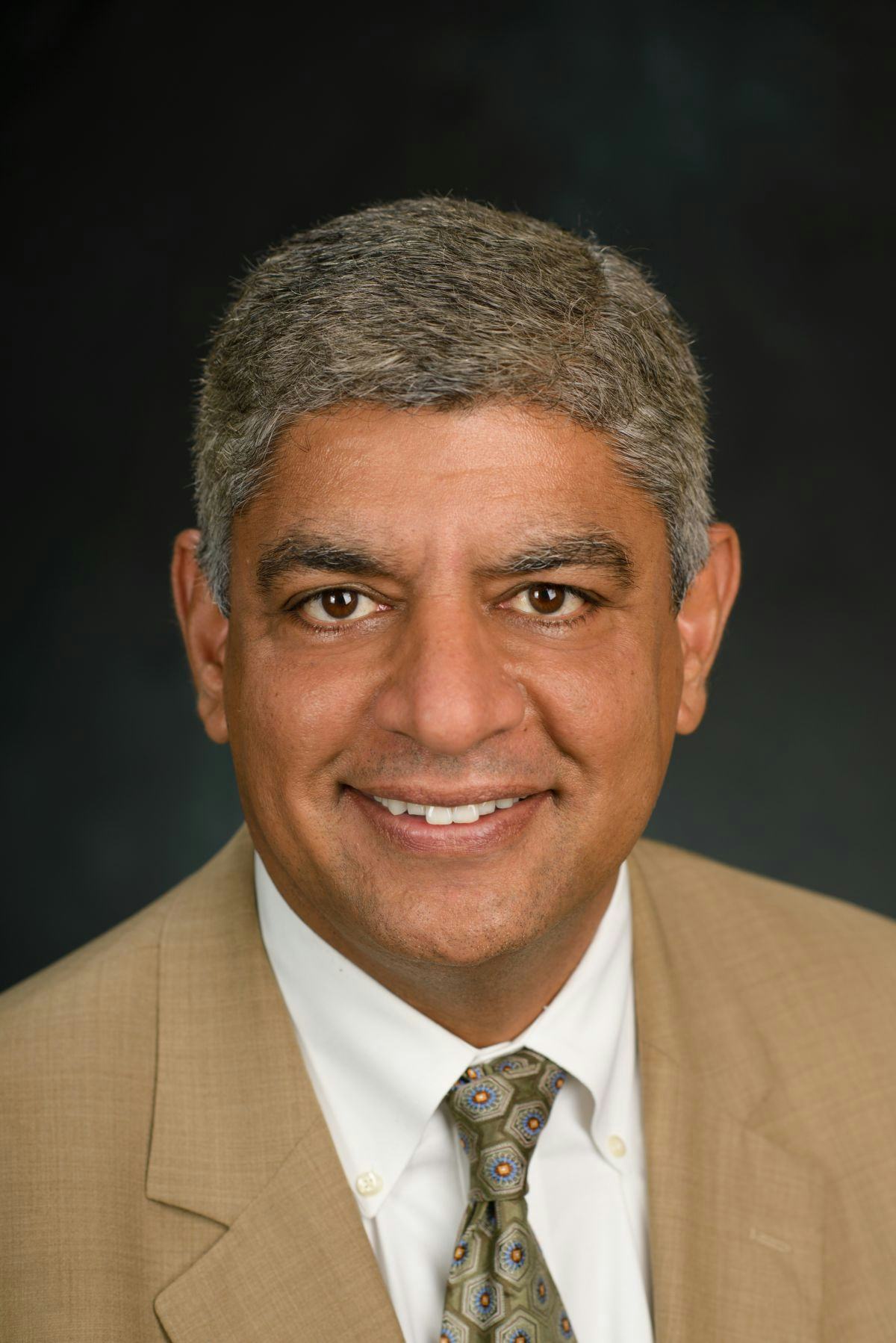Stevens Professor Dinesh Verma Receives 2025 INCOSE Pioneer Award for Leadership in Systems Engineering Research
At a moment when artificial intelligence, machine learning and autonomous systems are reshaping how society designs and manages complex systems, researchers at the Systems Engineering Research Center (SERC), a Department of Defense-sponsored University Affiliated Research Center (UARC), are helping to tackle the challenges.
“It is arguably one of the most defining periods for systems engineering research in the U.S. — arguably one of the most dynamic times in the field’s history,” said Dinesh Verma, a professor at Stevens Institute of Technology in the Department of Systems and Enterprises and Executive Director of the SERC.
Verma was recently recognized for his contributions to the field with the 2025 INCOSE Pioneer Award, presented at the International Symposium of the International Council on Systems Engineering (INCOSE) in Ottawa, Canada.
In his award notification letter, Verma was cited “for pioneering the establishment and sustainment of the premier systems engineering research organization,” according to INCOSE President-Elect Mike Watson, who chairs the council’s Honors and Awards Committee.
As the latest Pioneer Award recipient, Verma joins a select group of leaders whose work has led to innovations that address societal needs and deliver measurable impact. His leadership at SERC has shaped not only technical innovation, but also the frameworks and institutional networks that enable progress on a national scale.
“Almost 20 years ago, we aspired to lead the development of a vibrant network of universities and faculty as a national resource for systems research,” said Verma. “It feels wonderful to see that a number of ideas that were seeded in the early 2000s have come to fruition, with Stevens playing a critical leadership role.”
Founded in 2008 by Stevens in partnership with a consortium of academic institutions, SERC has grown under Verma’s direction into a nationwide hub for systems engineering research. Supported by the Office of the Under Secretary of Defense for Research and Engineering (OUSD, R&E) and other agencies, the center now includes 26 affiliated universities.
“It feels wonderful to see that a number of ideas that were seeded in the early 2000s have come to fruition, with Stevens playing a critical leadership role.”
SERC’s research spans four strategic areas: digital and data-driven systems, trusted systems, enterprises and system-of-systems and human capital development. Research produced by its network not only informs the tools and technologies powering modern systems but also guides the policies and practices that shape their deployment and sustainment.
SERC researchers advance development and delivery of operational capabilities through engineered systems, transitioning research into impactful practice for DoD sponsors and other partners working to improve mission readiness and operational efficiency. It supports programs that aim to design, manage and evolve increasingly complex systems at scale.
For Verma, the strength of SERC lies in collaboration. Faculty from Stevens’ Department of Systems and Enterprises, among others, are deeply involved in producing research with real-world impact.
“It’s a privilege to engage with some of the nation’s most forward-thinking faculty as we explore new frontiers, including the expanding role of mission engineering in shaping future capabilities,” Verma said.
Colleagues credit Verma with fostering a uniquely collaborative culture at SERC. “There is no more collaborative platform for systems research than what he has established in the SERC,” said Anthony Barrese, Director of the Office for Faculty Development and the Office for the Core Curriculum at Stevens and a faculty member of the Department of Systems and Enterprises.
Verma, in turn, points to the support that made the center possible. “It was the creativity of Stevens’ administrative leadership, along with the support of the Board of Trustees between 2005 and 2010, that enabled us to craft a strong proposal — one that ultimately led to Stevens being selected to serve in this stewardship role for the Department of Defense and other federal agencies.”
Verma sees systems engineering on the verge of a notable shift.
“With rapid advancements in AI, machine learning and autonomy, as well as the growing complexity of systems and enterprises, we are entering a new era of mission-focused innovation,” he said.
Nearly two decades after helping to shape the bold vision behind SERC, Verma remains committed to expanding the reach of systems engineering to meet today’s evolving challenges and those still to come.



